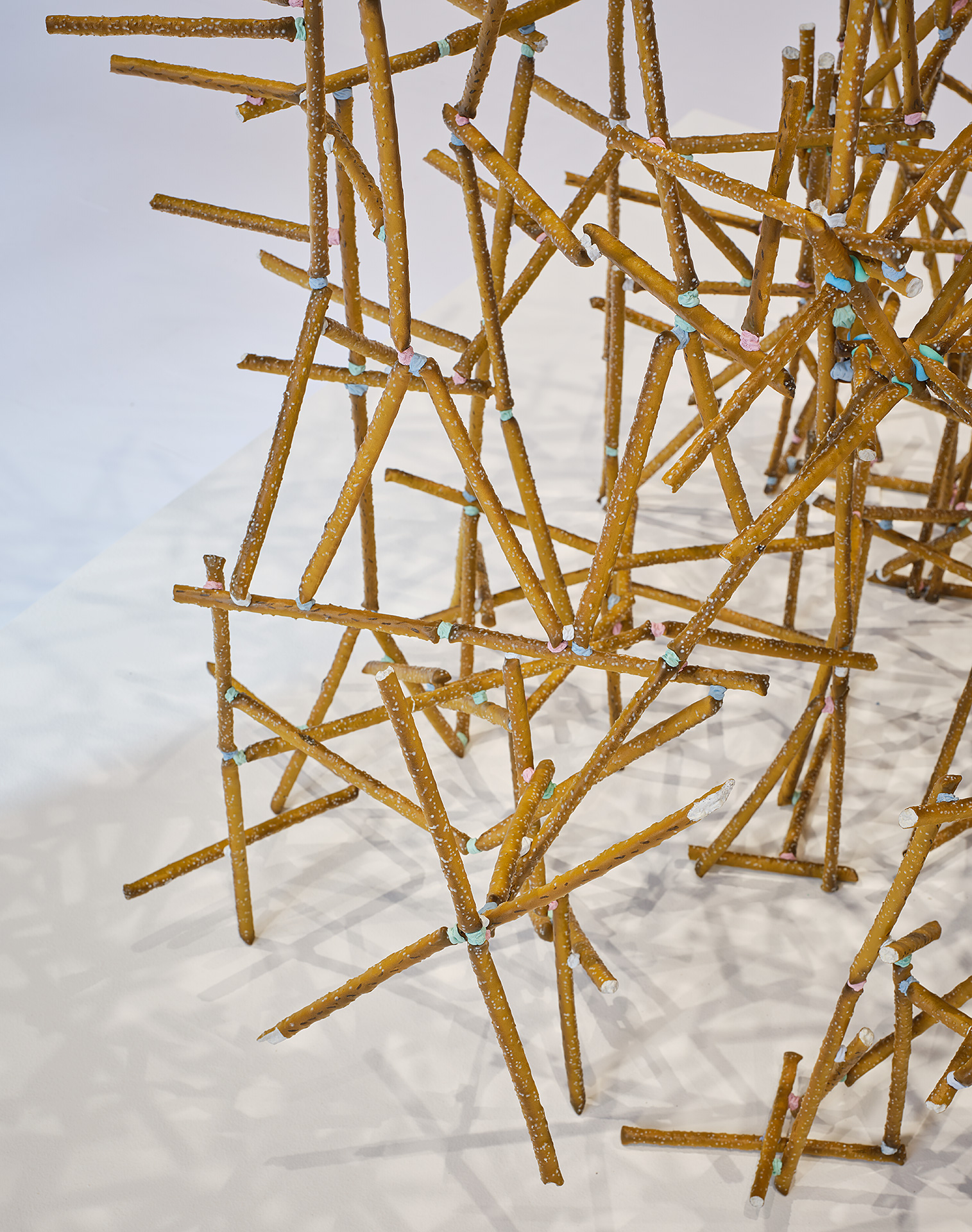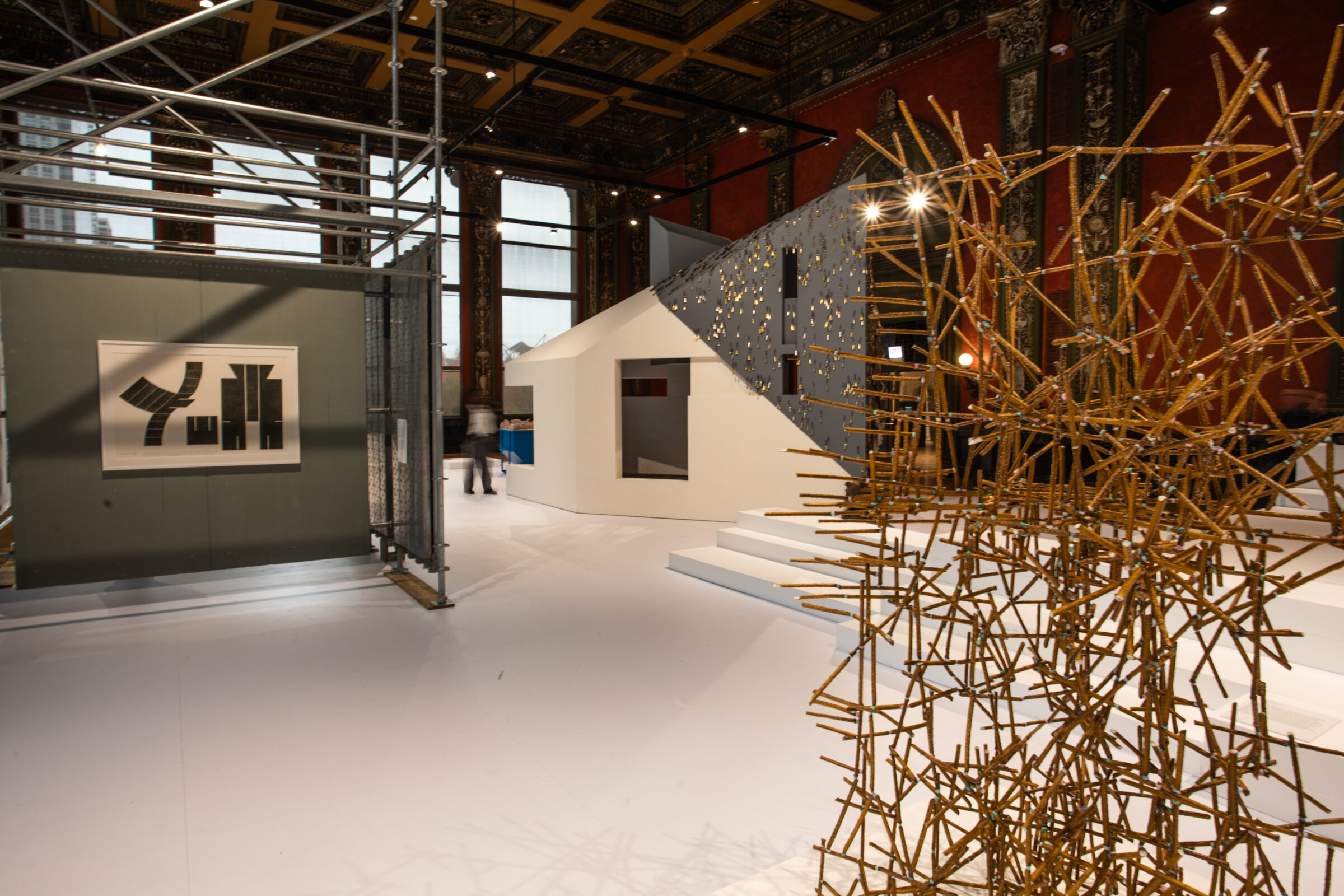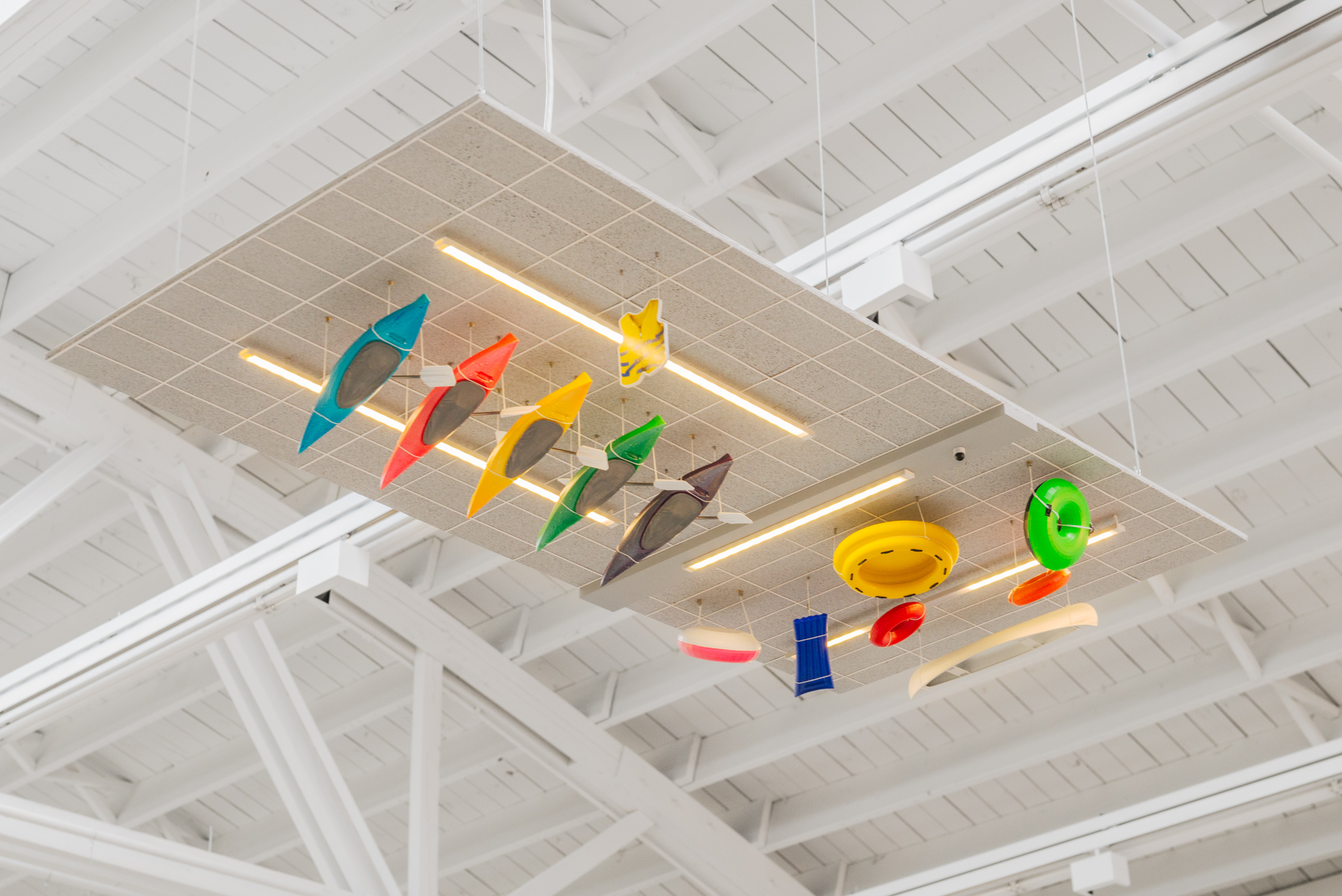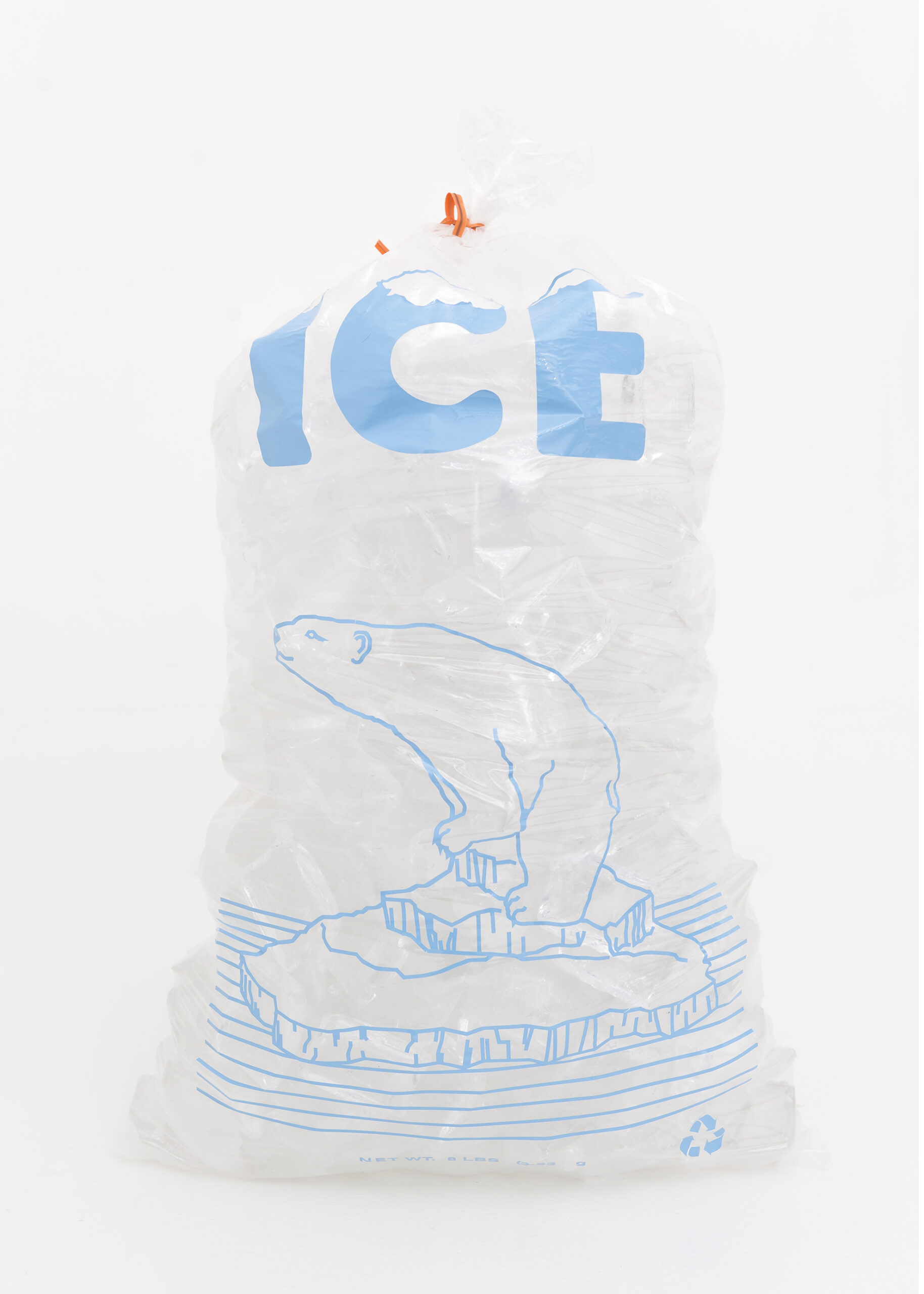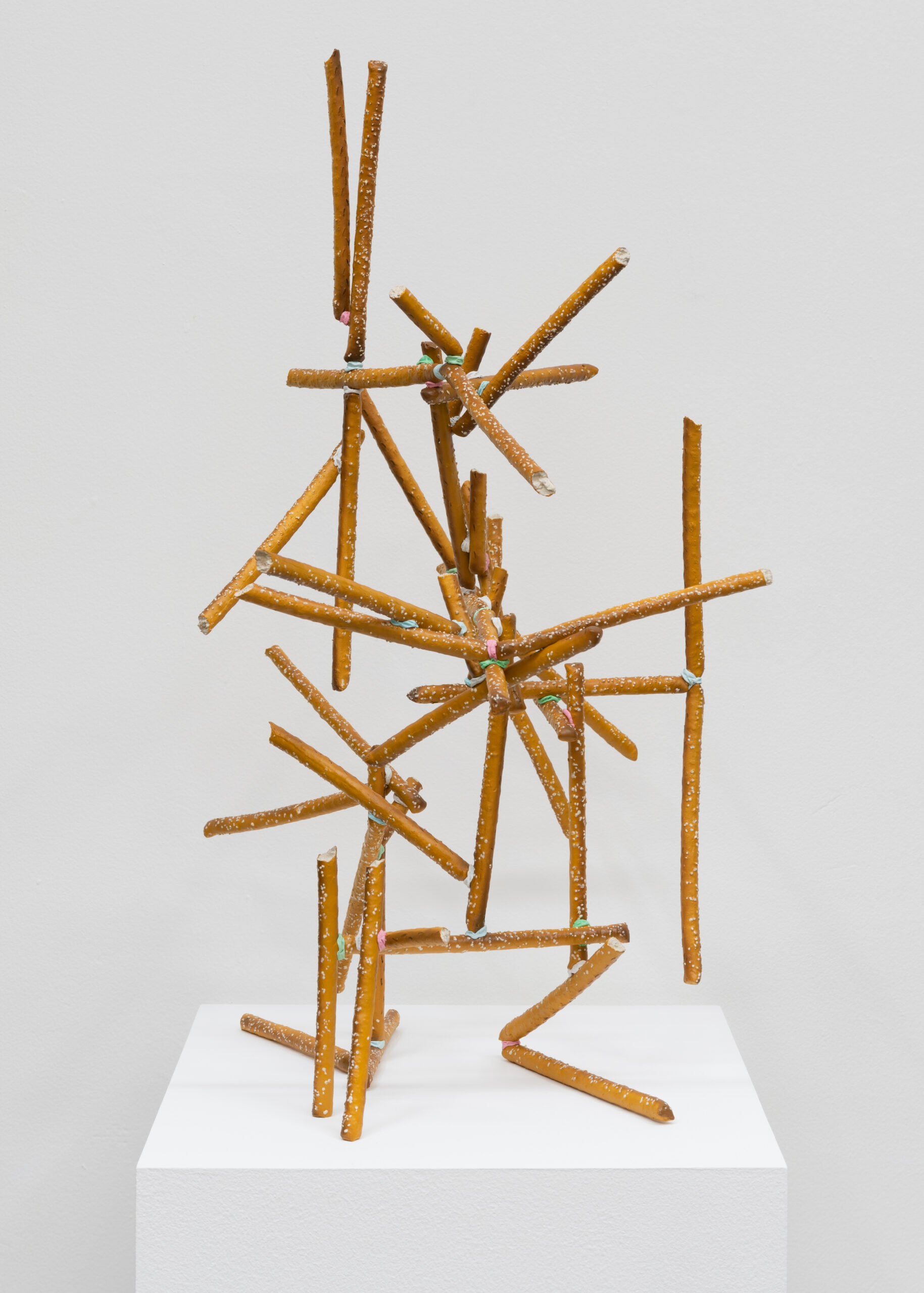Chris Bradley

Chicago, United States
WebsiteOver the past two decades, Chris Bradley has developed a sculptural language around representation, poetics of ordinary subjects, trompe l’oeil techniques, and the exhibition as a site for the imagination. He uses this creative language to encourage his audience to practice suspending disbelief as a method for reconsidering and understanding this shared common world. Bradley has recently presented his work in solo exhibitions at Ackerman Clarke Gallery, Museum of Contemporary Art Chicago, Shane Campbell Gallery, Roberto Paradise, and the Museum of Contemporary Art Raleigh, and has been included in group shows at The Renaissance Society, Atlanta Contemporary, Museum of Contemporary Art Santa Barbara, Museum of Contemporary Art Detroit, the NRW-Forum Düsseldorf, and the Elmhurst Art Museum. He received his MFA degree from the School of the Art Institute of Chicago (SAIC) in 2010. In 2017, he was the recipient of the Meier Achievement Award. In addition to his studio practice, he is an instructor of sculpture at both SAIC and the University of Chicago. Bradley’s practice is based in Chicago, IL, USA.
CAB 5 Contribution
Project Overview
Mnemonic
Mnemonic (Optimism stretches and yawns, looks east, with one hand it shields its eyes from the early morning sun, and silently greets its neighbor by raising the other), 2023
Sculptor Chris Bradley continues to explore the suspension of disbelief in his handmade closely rendered objects and unexpected tableaus. This latest work, made on the occasion of the 2023 Chicago Architectural Biennial and the largest version in a decade- long series, connects hundreds of store-bought pretzel rods with wads of chewed gum. Painted cast bronze stands in for the salty snack, welded together and masked by epoxy that articulates each sticky joint. Aspects of the everyday and reflections of the commonplace fuel an output that tests conventional understandings of building. The careful lattice celebrates the nature of impulse: an animal need for impromptu architecture for immediate purpose, or put another way, a scaffolding for an imaginary home. Representations of readily available materials combine in a monument to curiosity and play, a constellation of impossibility fully transformed.
Courtesy of the artist and Ackerman Clarke (Chicago)
